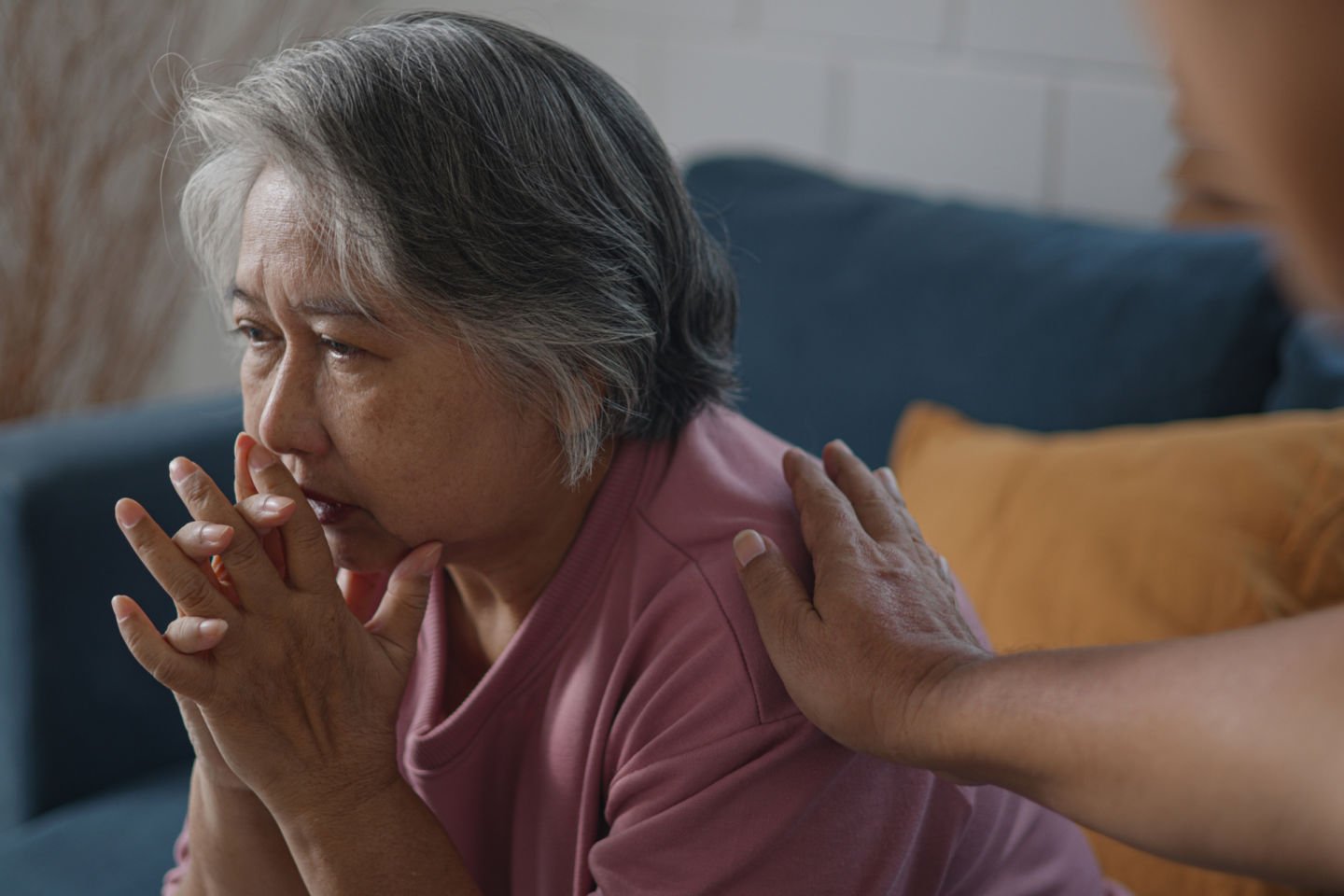Dementia home care focus of new campaign
More people with dementia are being cared for in their own home. Some ask, ‘If it can’t be cured, why get diagnosed?’ Here’s why.

A national television campaign is helping carers of people living with dementia, emphasising the importance of reaching out for help.
The poignant video of a family confronted by the disease and its emotional impact can be seen here:
Called Dementia Can Affect Us All, and developed by Dementia Support Australia (DSA), the campaign focuses on the increasing number of people living with dementia being cared for in their own homes.
“The campaign is deliberately confronting in its message to enable people to understand the importance of reaching out for help,” said DSA head of dementia professional services Marie Alford.
According to the Australian Institute of Health and Welfare, dementia is the leading cause of disease burden for older Australians.
About 70% of people with dementia live at home and many carers are unaware of the support services available.
“The aim of our campaign is to let carers know help is there when situations start to change, to reach out before you reach your limit,” said Ms Alford.
It’s estimated there are more than 350,000 unpaid carers supporting people living with dementia. These carers – usually women – often work up to 60-plus hours a week.
Caring for someone living with dementia can send people to breaking point and accelerating behavioural symptoms can lead to carers feeling they are not coping.
Dementia Support Australia has more than 300 trained consultants available 24/7. To contact the helpline, call 1800 699 799.
People can live well with dementia for many years, but as there is no cure, is there any point to getting a diagnosis?
The simple answer, according to advocacy and support group Dementia Australia, is yes, because:
1: A diagnosis helps people get the right treatment at the right time.
Many conditions have symptoms similar to dementia so it’s important to explore whether it is a different, treatable condition. Seeking accurate diagnosis is key to finding the next steps and appropriate treatment options.
Treatable reversible causes include vitamin deficiency, dehydration, depression or medication. However, if cognitive changes continue to progress or fail to resolve, it is time to look for other reasons and seek a diagnosis.
An accurate diagnosis can enable an appropriate choice of treatments, including symptomatic and, now (for some), disease-modifying therapies.
2: Understanding the condition helps people take back control.
Everyone’s experience of dementia is different but having a diagnosis can help people better understand the changes and what may happen in the future.
For example, Deidre cares for her husband Warren who lives with dementia and although receiving a dementia diagnosis was unexpected, it ultimately led to having options and regaining control of their lives.
“When Warren was diagnosed, the feeling of grief was immediate and instant, thinking of all the terrible things we faced ahead of us,” Deidre said.
“We didn’t know anything about dementia, so I thought, ‘I need to learn more about this disease.’”
Having a definitive diagnosis meant Deidre and Warren had a greater understanding of what may be ahead and how to plan for it.
3: Accessing support can help people to live well.
The right support at the right time can enable people with dementia to maintain their independence and functional capacity for as long as possible.
Russ lives with dementia and receiving an accurate diagnosis resulted in him seeking support and seeing the positives of life again.
“I was really depressed for about three months as I didn’t know what was going on,” Russ said.
“When I got the PCA (posterior cortical atrophy) diagnosis, I was still a bit down. I’ve always said I wouldn’t want to have dementia. But then I got some counselling from Dementia Australia and the best thing I did was the Living with Dementia course.
“It changed my life and I think it changed my wife’s life too, because we were talking to people who had dementia – people who knew what was going on, where the information was, what you could do – and it made it very positive, and it’s been very positive ever since.”
If you notice changes in cognition in yourself or a loved one, Dementia Australia offers its support to get a diagnosis and give access to life-changing services. Call them anytime on 1800 100 500.
Related reading: Community Care Review, Dementia Australia








